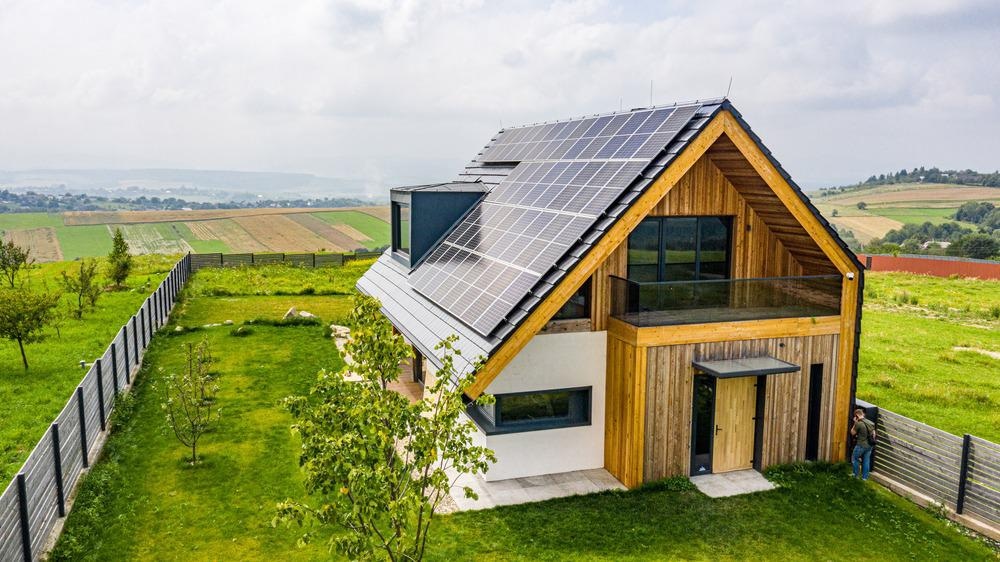Investing in property development can be a rewarding path to building wealth, but it requires careful planning, strategic thinking, and a keen understanding of market dynamics. Property development involves more than just purchasing land or buildings; it is about transforming properties into valuable assets, often through construction, renovation, or even repurposing. To maximize returns and mitigate risks, developers must follow key strategies that ensure a successful outcome. One of the first and most critical steps in property development is conducting thorough research. Developers should start by understanding the local market, including property prices, demand trends, and the types of properties that are in high demand. Market research helps in identifying prime locations where development opportunities exist and where future growth is expected. A property located in a growing area with good infrastructure, schools, and amenities will likely appreciate in value, providing better returns. Understanding zoning laws, local regulations, and any upcoming changes to the area’s infrastructure is equally important, as these factors can significantly impact the feasibility and profitability of a project.

Additionally, leveraging financial tools such as cost analysis and budget forecasting can help keep the project on track and ensure that it remains profitable. Another strategy is assembling the right team of professionals. Property development is a complex process that requires expertise in various areas, including architecture, construction, law, and finance. A successful developer works with a trusted team of architects, engineers, contractors, and legal experts who can navigate the intricacies of development. Collaborating with experienced professionals ensures that the project adheres to legal standards and is completed on time and within budget. The right team can also offer valuable insights and solutions to problems that may arise during the development process. Risk management is also essential in property development. While there is potential for high returns, property development comes with inherent risks, including market volatility, regulatory changes, and unforeseen construction issues.
Developers should be proactive in identifying potential risks and developing mitigation strategies for flats to buy in canary wharf. For example, building in phases rather than committing to one large project at once can provide flexibility if market conditions change. Furthermore, purchasing insurance for construction defects or natural disasters is another way to protect against significant financial loss. Finally, successful developers adopt a long-term view of property investment. While short-term gains can be attractive, real wealth in property development is often built through sustained investments in well-selected locations that appreciate over time. Understanding the cyclical nature of real estate markets and having the patience to wait for the right opportunities is key to achieving lasting success. By conducting diligent research, managing finances wisely, building a competent team, mitigating risks, and maintaining a long-term perspective, developers can increase their chances of success and turn property investments into profitable ventures.

